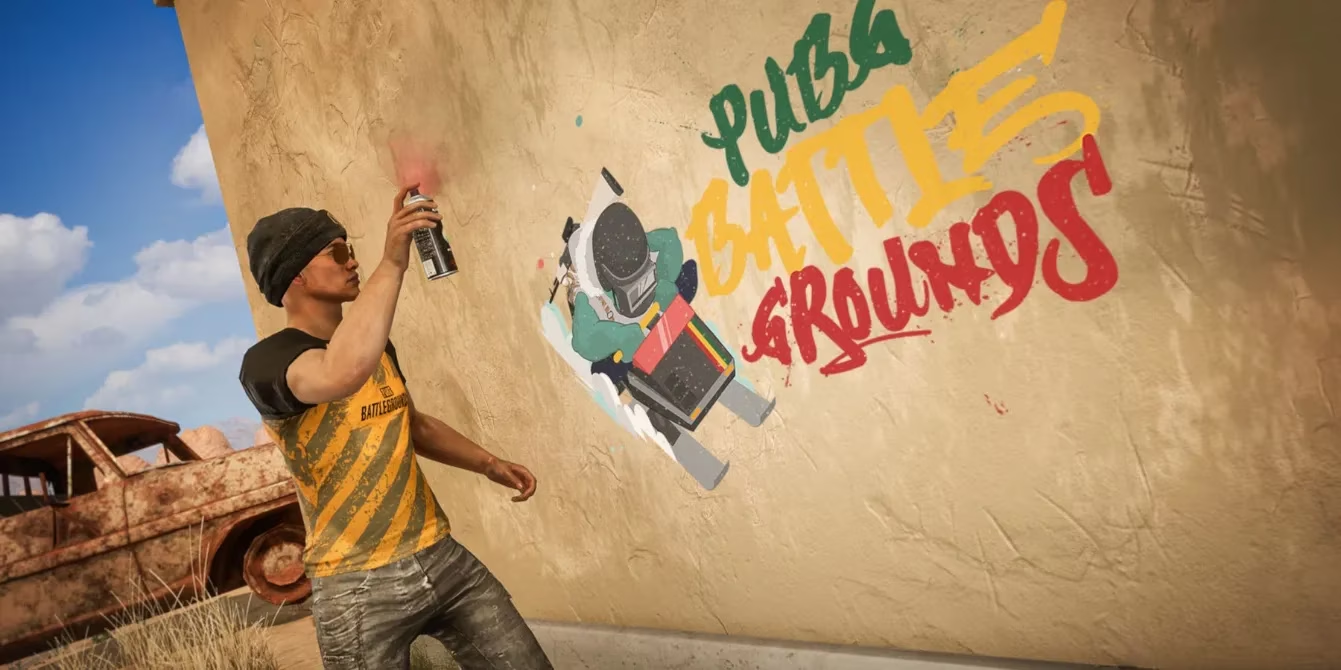PUBG Free-to-Play Transition Sparks Unprecedented Player Surge
PUBG's shift to free-to-play fueled a 500% growth, unlocking untapped markets and boosting long-term engagement across platforms in a transformative battle royale strategy.
Three years after abandoning its premium pricing model, PUBG: Battlegrounds continues to demonstrate the transformative power of free-to-play accessibility. Krafton's landmark 2022 decision to remove the game's purchase barrier ignited a 500% player growth explosion, dwarfing even its record-breaking 2017 launch metrics. This strategic pivot fundamentally reshaped the battle royale landscape, particularly unlocking massive player bases in previously underserved regions where upfront costs posed significant barriers. Despite not reclaiming its historic 3-million concurrent player peak, the franchise maintains remarkable vitality with half a million daily Steam users in 2025 - a 43% increase over pre-free numbers.
🌍 Regional Expansion Breakthroughs
The elimination of purchase requirements triggered extraordinary adoption spikes across emerging gaming markets:
| Region | Growth Rate | Primary Driver |
|---|---|---|
| Eastern Europe & Asia | 537% | Price accessibility |
| Southeast Asia | 532% | Localized content |
| South America | 525% | Infrastructure improvements |
These unprecedented surges validated industry analysts' long-standing theories about untapped market potential. As one gaming economist noted: \"The regional data proves pricing was PUBG's primary growth inhibitor. Free access didn't just attract players - it built ecosystems.\"

📊 Player Retention Evolution
Post-transition engagement patterns reveal fascinating behavioral shifts:
-
Initial spike: 700K concurrent players (matching 2019 levels)
-
Stabilization phase: Settled at ~500K daily users
-
Long-term retention: 58% higher than pre-F2P baseline
-
Monetization conversion: Cosmetic purchases increased 300%
\"People often ask: Did going free actually increase revenue?\" notes industry analyst Liam Chen. \"The answer is multifaceted. While per-player spending decreased, the expanded player base created stronger long-term revenue streams.\"
🔄 Platform Performance Dynamics
The free-to-play revolution manifested differently across platforms:
-
Console ecosystems: PlayStation and Xbox saw steadier retention curves
-
Mobile dominance: Continued to drive majority of global engagements
-
Cloud gaming: Stadia migration preserved cross-platform accessibility
This multiformat approach proved crucial when addressing another frequent query: Can PUBG survive increased battle royale competition? By leveraging platform-specific content and events, developers maintained relevance despite Fortnite's cultural dominance.
🚀 Sustainable Growth Framework
Krafton's post-2022 strategy focused on three retention pillars:
-
Content pipeline: Monthly themed updates and limited-time modes
-
Community integration: Player-designed cosmetic contests
-
Technical optimization: Matchmaking improvements and anti-cheat evolution
These initiatives transformed what many initially dismissed as a nostalgia-driven resurgence into a viable live-service model. The framework successfully addressed player concerns about content freshness and competitive integrity.
❓ People Also Ask
Common player inquiries highlight ongoing community interests:
- What regions benefited most from free access?
Developing economies showed strongest adoption rates
- Did gameplay change after going free?
Core mechanics remained intact with enhanced tutorial systems
- How does monetization affect gameplay balance?
Cosmetic-only approach preserved competitive integrity
- Will PUBG introduce new game modes?
Rotating limited-time modes continually refresh the experience
🔭 Future Trajectory Considerations
With the battle royale genre approaching market saturation, PUBG faces critical innovation challenges. Player customization expectations continue escalating while emerging technologies like neural interface gaming loom on the horizon. Given the franchise's proven adaptability through business model transformations, what gameplay evolution might secure its next decade?
🤔 Open Question: As player preferences shift toward persistent universe experiences, should PUBG expand beyond traditional battle royale structures to maintain relevance?